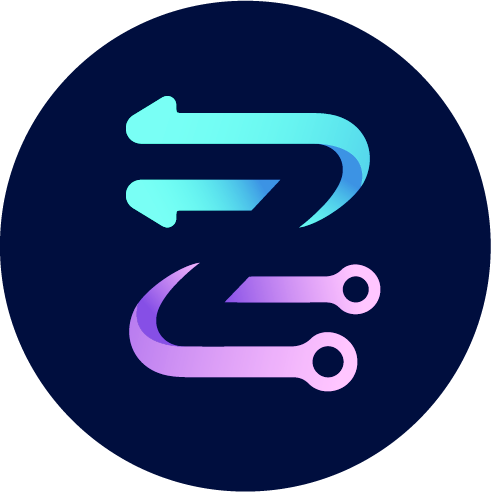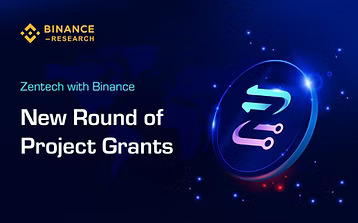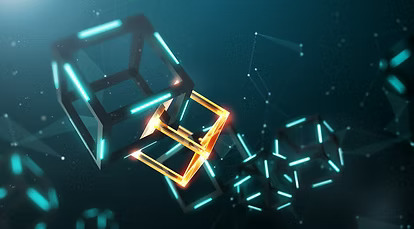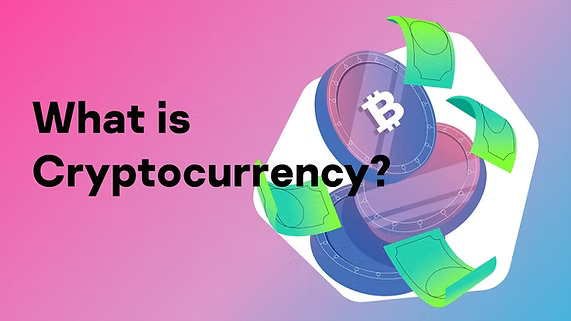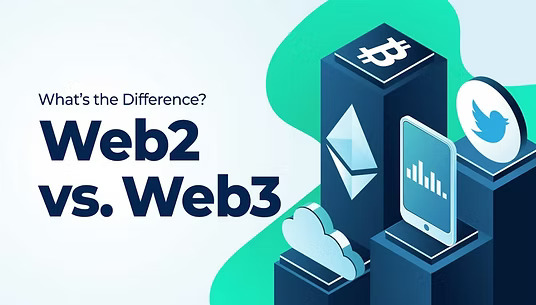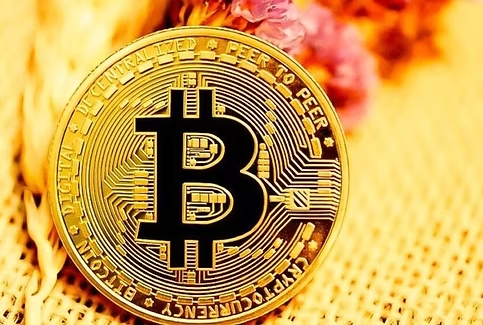What is Blockchain?
Blockchain is a special data storage technology. You can think of it as an accounting ledger, where all transactions are recorded and cannot be changed. However, what makes blockchain different is that it is not like a traditional ledger, but a distributed and public “ledger” system, stored on many different computers.
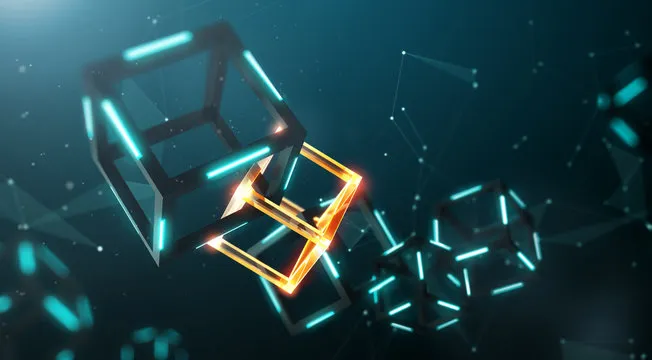
How Blockchain Works
Imagine you and your friends are playing a game, and every time someone wins a round, you write down the result in a ledger. But instead of each person writing in their own ledger, you and all your friends have an identical ledger. Every time you write down the result in the ledger, you show it to everyone so they can confirm that the result is correct. If someone tries to change the result in their ledger, everyone will immediately notice and reject it.
Blockchain works in a similar way: each transaction (for example, transferring money from one person to another) is recorded in a “block.” Each block contains a certain number of transactions and can be verified and confirmed by many computers (also known as nodes) on the network. When a block is full, it is “locked” and linked to the previous block, forming an unchangeable “chain.”
A Real-World Example of Blockchain
To make it easier to understand, let’s take a real-world example of blockchain:
Example 1: Bitcoin Transaction
Suppose you want to send Bitcoin to a friend. When you make this transaction, instead of going to the bank to confirm the transaction, the blockchain system records this transaction in a block and allows computers on the network to confirm that the transaction is valid (for example, that you have enough Bitcoin to send). Once the transaction is confirmed, it is added to the blockchain and cannot be changed or deleted. You and your friend can both check this transaction at any time.
Example 2: Supply Chain Management
Another very practical application of blockchain is in the supply chain industry. Let's say you are buying a phone from a store. Blockchain can help you track the production and transportation of this phone from the factory to your hands. Every step in this process will be recorded on the blockchain and made public, helping you know the origin of the product, where it came from, and who was involved in the production process. This not only helps you have more information about the product, but also helps increase transparency and reduce fraud.
Why is Blockchain important?
Safety and security: Data in the blockchain is very difficult to change. If someone tries to change the information in one block, all subsequent blocks will be affected and everyone on the network will immediately detect it.
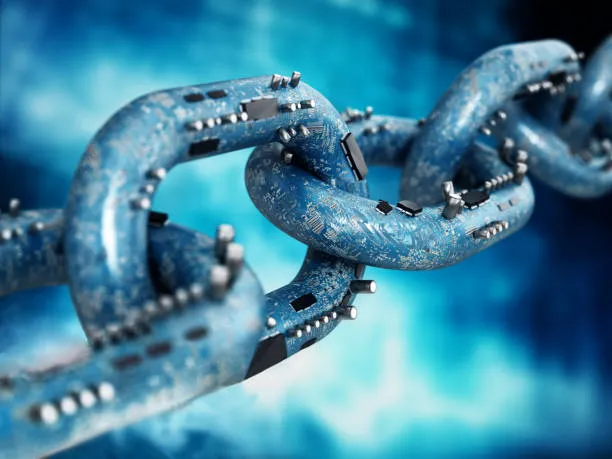
Transparency: All transactions on the blockchain are public and auditable. This helps prevent fraud and ensures that everyone knows the information is correct.
No intermediaries: With blockchain, you don't need to go through banks or other intermediaries to make transactions. This saves time and money.
Saves time and money: Blockchain transactions are often very fast and don't require as many complicated steps as traditional banking systems. You can send money or information over the blockchain quickly and cost-effectively.
Blockchain and other applications
Although blockchain is famous for Bitcoin and cryptocurrencies, this technology can be applied to many other areas besides cryptocurrencies:
Smart Contracts Management: Blockchain can help automate contracts without the need for an intermediary. For example, when you buy a house, the purchase contract can be recorded on the blockchain and automatically executed when the contract conditions are met.
Healthcare: Blockchain can help store and share medical records securely and transparently, allowing doctors and hospitals to easily access important information without worrying about security issues.
Electronic voting: Blockchain can help organize more transparent and secure online elections, making it easier for people to vote and check results without fear of fraud.
Blockchain may be a complex technology, but once you understand it, you will realize that it is an extremely useful technology that helps solve many problems in life and in the economic field. From cryptocurrency transactions, supply chain management to contract automation and data security, blockchain is opening up many new opportunities.
If you have never heard of blockchain before, hopefully through this article, you have been able to visualize the potential that this technology brings and how it works.

